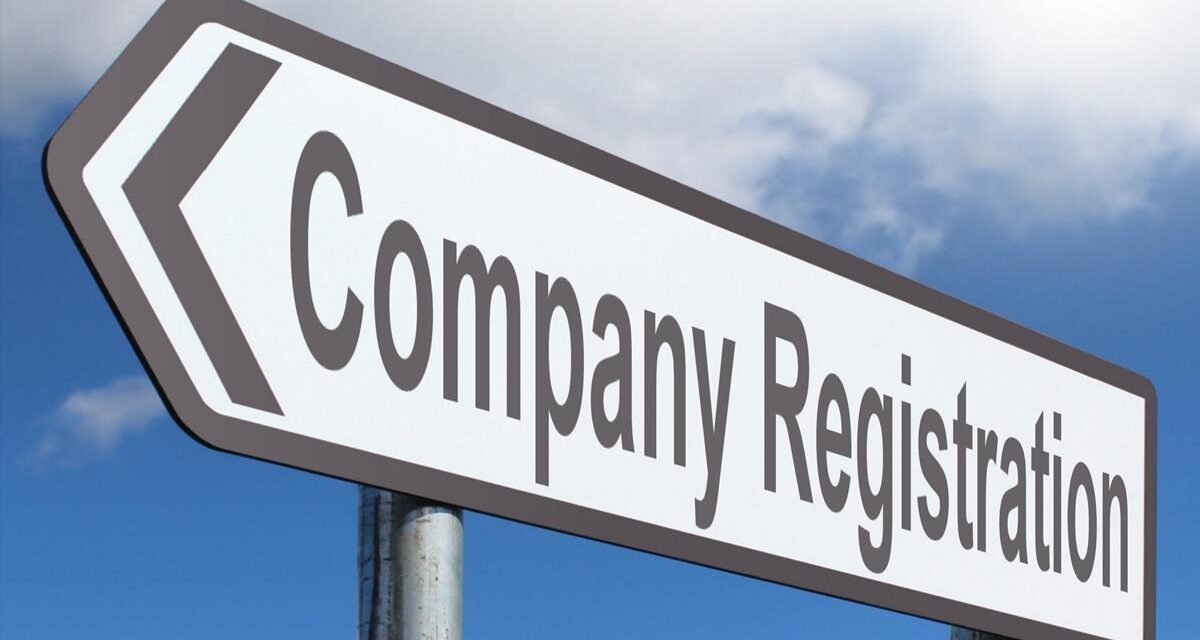Registering a business in South Africa involves several straightforward steps. Here’s a simplified guide to help you through the process:
- Create an Account: Visit the CIPC website and create an account.
- Log In: Log in to your CIPC account to access various services.
- Select a Service: Choose the service you need, such as company registration, name reservation, or filing for intellectual property protection.
- Complete Forms: Fill out the necessary forms and upload required documents.
- Make Payment: Pay the applicable fees using the available payment methods.
- Submit: Submit your application through the online portal.
- Track Progress: Monitor the status of your application through your CIPC account.
Company Registration FAQs
1. What is company registration?
Company registration is the process of legally registering your business with the relevant government authorities, making it a recognized legal entity.
2. Why is company registration important?
Registering your company provides legal recognition, protects your business name, and can enhance your credibility with customers and investors. It also ensures compliance with local laws and regulations.
3. What types of business structures can I register?
Common business structures include sole proprietorships, partnerships, private companies (Pty Ltd), public companies (Ltd), and non-profit organizations (NPOs).
4. What documents are required for company registration?
Typical documents include identification (ID/passport), proof of address, a reserved business name, and, depending on the structure, partnership agreements or articles of incorporation.
5. How do I choose a business name?
Choose a unique name that reflects your brand and check its availability through the Companies and Intellectual Property Commission (CIPC) or your local regulatory body.
6. How long does the registration process take?
The duration can vary, but online registrations usually take a few days to a few weeks. This depends on the completeness of your application and the specific requirements of your local authority.
7. What are the costs involved in registering a company?
Registration fees vary based on the business structure and the services used. Typically, costs range from a few hundred to several thousand rand.
8. Can I register my company online?
Yes, many countries, including South Africa, offer online registration through platforms like the CIPC.
9. What is the CIPC?
The Companies and Intellectual Property Commission (CIPC) is a South African government agency responsible for company and intellectual property registration and regulation.
10. What are my tax obligations after registering my company?
After registration, you must register for taxes with your national revenue service (e.g., SARS in South Africa) and comply with tax filing and payment requirements.
11. Do I need a business bank account?
Yes, it’s advisable to open a separate business bank account to manage your business finances and keep them separate from personal finances.
12. What ongoing compliance is required after registration?
Ongoing compliance may include filing annual returns, paying taxes, maintaining accurate financial records, and adhering to any specific industry regulations.
13. Can I change my business structure later?
Yes, you can change your business structure later, but this may involve additional legal and administrative steps.
14. What is the difference between a private and public company?
A private company (Pty Ltd) is owned by a few individuals and does not publicly trade shares, whereas a public company (Ltd) can sell shares to the public and is typically larger with more regulatory requirements.
15. How do I register for intellectual property protection?
You can register trademarks, patents, and copyrights with the relevant intellectual property office, often through the same platform used for company registration, like the CIPC in South Africa.






